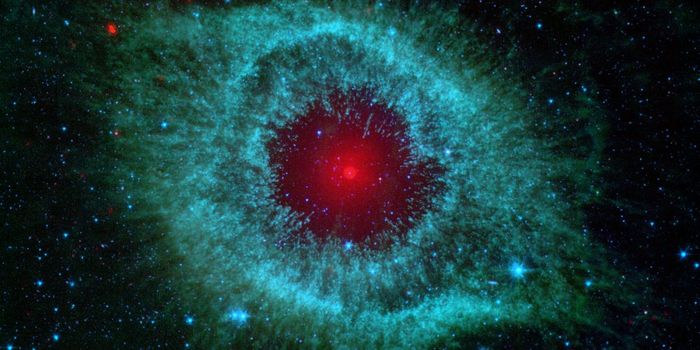Coral reefs support a colorful backbone of marine wildlife, including fish and crustaceans, among others. Unfortunately, coral reefs are dying at an alarming rate, and this implies dire consequences for marine wildlife and people alike.
At least 50% of coral reefs around the globe have already died off within the last three decades, and there's no indication of slowing down anytime soon. As they disappear, it creates a domino effect in the marine ecosystem; wildlife that depends on coral reefs for protection and survival will start to fade away themselves.
Not only does this have implications for the wildlife that depend on coral reef-dwelling critters for food, but it can adversely impact people as well. Jobs, tourism, food sources, and even medicinal opportunities would take a hit from coral reef destruction.
So why are the coral reefs all dying? Two of the most significant factors are climate change and pollution. The obvious solutions are cooling our oceans and picking up our messes before they reach the sea, but that's much easier said than done and experts are actively looking for ways to accomplish both.
Hopefully, we're not too late...








